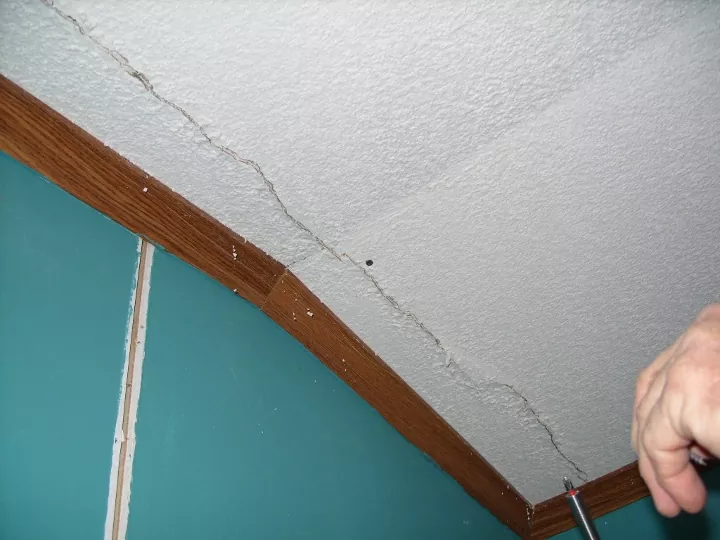Mobile homes offer convenience and flexibility, but like any structure, they require maintenance and occasional repairs. Among the common issues homeowners may encounter is ceiling damage. Knowing how to fix a mobile home ceiling can save you time and money, ensuring your living space remains comfortable and safe. This comprehensive guide provides step-by-step instructions and expert tips for addressing ceiling problems in mobile homes effectively.

Introduction
The ceiling of a mobile home serves both functional and aesthetic purposes. It provides insulation, soundproofing, and support for fixtures while contributing to the overall look and feel of the interior. Over time, factors such as water leaks, structural movement, and wear and tear can lead to ceiling damage. Learning how to fix a mobile home ceiling empowers homeowners to tackle these issues promptly, preserving the integrity of their living space.
Identifying Common Ceiling Problems
Before diving into repairs, it’s essential to identify the specific issues affecting your mobile home ceiling. Common problems include:
- Water Damage: Leaks from the roof or plumbing fixtures can cause water stains, sagging, and mold growth on the ceiling.
- Cracks and Holes: Structural settling or impact damage may result in cracks, holes, or bulges in the ceiling surface.
- Sagging Panels: Over time, ceiling panels may become loose or sag due to inadequate support or moisture absorption.
- Insulation Issues: Damage to insulation materials can compromise energy efficiency and indoor comfort.
How to Fix a Mobile Home Ceiling
- Assess the Damage: Begin by inspecting the ceiling carefully to determine the extent of the damage. Take note of any water stains, cracks, or sagging areas.
- Address Water Leaks: If water damage is present, identify and repair the source of the leak before proceeding with ceiling repairs. This may involve fixing roof leaks, sealing plumbing connections, or addressing condensation issues.
- Repair Cracks and Holes: Use a suitable patching compound to fill in cracks and holes in the ceiling. Smooth the surface with sandpaper once the compound has dried, then apply a coat of primer to ensure proper adhesion.
- Reinforce Sagging Panels: For sagging ceiling panels, install additional support beams or braces to provide structural reinforcement. Secure loose panels in place using construction adhesive or screws.
- Replace Damaged Panels: If ceiling panels are beyond repair, carefully remove them and replace them with new ones of the same size and style. Be sure to match the existing materials for a seamless finish.
- Insulate as Needed: Address any insulation issues by adding or replacing insulation materials above the ceiling panels. This helps improve energy efficiency and maintains a comfortable indoor environment.
Conclusion
In conclusion, knowing how to fix a mobile home ceiling empowers homeowners to address common issues and maintain the integrity of their living space. By identifying and addressing problems promptly, you can prevent further damage and ensure a comfortable and safe environment for you and your family.
Read too: Exploring the Efficiency of Radiant Ceiling Heater Electric: A Comprehensive Guide